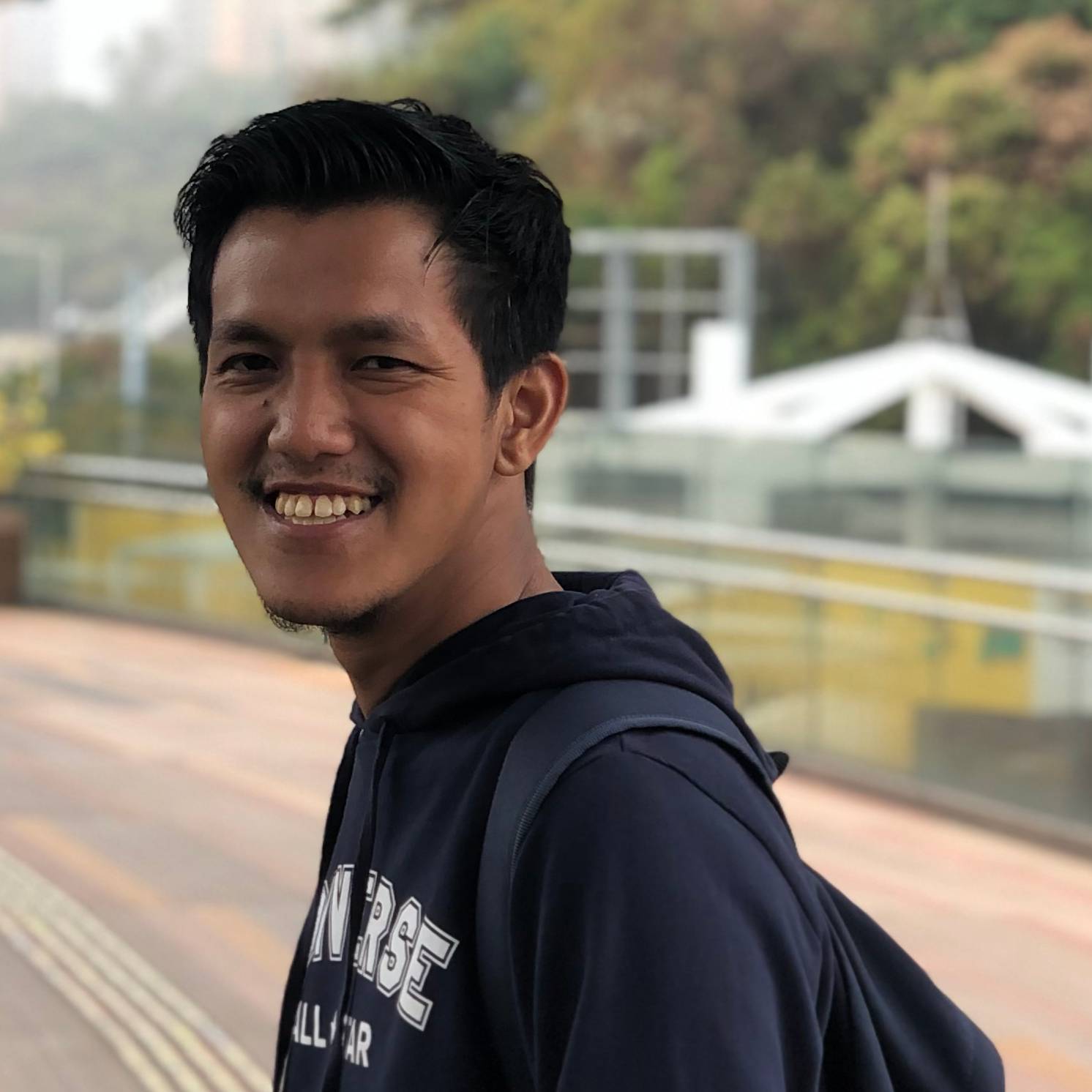When Indonesia’s President Prabowo Subianto chose not to attend this year’s G7 summit, some might interpret it as a pivot away from Western influence—or even as a sign of Jakarta drawing closer to Moscow. We ourselves previously argued that such a realignment might not serve Indonesia’s economic interests, particularly in terms of reducing the country’s long-term overreliance on China.
But Prabowo’s absence at the G7 carries another layer of meaning, particularly when it comes to the question of Palestine and Israel. And while he might not have said it publicly, the silence is meaningful. Whether by design or by diplomatic restraint, staying away from a summit that increasingly frames the Israel-Palestine conflict through a selective lens is, for once, the right step for Indonesia’s foreign policy — especially for a leader who has often been accused of pragmatism over principle.
It is no secret that the G7’s position on Israel, and by extension Palestine, reflects the familiar double standard of Western diplomacy. While condemning Iran for its regional behaviour and nuclear ambitions, G7 leaders consistently reaffirm Israel’s “right to defend itself” without sufficiently addressing the rights of Palestinians, or the disproportionate violence inflicted on civilians under occupation and siege. The communique from this year’s summit in Canada once again echoed that formula: concern for civilians, but unwavering commitment to Israel’s security, with Iran painted as the singular regional villain.
For Indonesians, especially those who have long supported Palestine’s struggle for dignity and statehood, this diplomatic posture from the G7 is both predictable and infuriating. Indonesia’s constitution mandates the country to oppose colonialism in all forms, and for decades, Palestine has remained a symbol of that principle in Indonesian foreign policy, cutting across party lines and political ideologies.
Yet here lies the discomfort: Prabowo himself has not publicly said that his absence from the G7 was meant as a rebuke of its pro-Israel stance. In fact, his public narrative for meeting with Russian President Vladimir Putin focused on strengthening economic ties, arms deals, and hedging Indonesia’s future amid an increasingly multipolar world order. Critics might therefore see this as yet another example of quiet opportunism, avoiding controversy at home while keeping the door open to partnerships with both East and West.
But what Prabowo won’t say outright, his Foreign Minister Sugiono has made clear. In response to the G7’s communique, Sugiono sharply criticized the Western powers’ selective outrage. He pointed to the G7’s position as exacerbating rather than alleviating tensions in the Middle East. In particular, he condemned Israel’s aerial attack on Iranian soil, which killed Iranian scientists and triggered Iran’s retaliatory missile strikes against Tel Aviv.
More importantly, Sugiono underscored something the West often chooses to ignore: that civilians on all sides, including those under Israeli bombs, have the same fundamental right to life and to self-defence. His criticism was not only principled but rooted in Indonesia’s long-held diplomatic identity: one that promotes peace but refuses to tolerate one-sided narratives that excuse ongoing occupation, apartheid, and war crimes.
If Prabowo’s quiet absence amplified that message by omission, all the better. Silence can be a form of diplomacy too. By not standing shoulder to shoulder with G7 leaders as they framed yet another Middle Eastern conflict through the lens of Israeli victimhood, Indonesia maintained a critical distance. And in doing so, Prabowo aligned — intentionally or not — with the mood of many Indonesians, Muslim or otherwise, who view the Gaza catastrophe as not just a humanitarian crisis, but as a colonial one.
Some will argue that Indonesia should be more direct. And they may be right. After all, Indonesia’s position on Palestine has long been consistent in international forums, from the Non-Aligned Movement to the United Nations. Explicitly stating that his absence was driven by dissatisfaction with G7’s position on Israel would have sent an unambiguous signal of moral leadership in the Global South, at a time when too many Muslim-majority countries have prioritized realpolitik over solidarity.
Still, diplomacy is rarely clean or satisfying. Prabowo, a leader known more for his pragmatism than for visionary foreign policy, chose ambiguity. But that ambiguity has its uses. It allowed Indonesia to engage with Russia, reduce Western expectations, and stand — however subtly — apart from the lopsided moral framework projected by the G7.
Prabowo’s foreign policy may yet reveal contradictions and compromises in the years ahead. But in this particular moment, standing apart from a summit that repeats tired justifications for Israel’s violence — while allowing his foreign minister to voice Indonesia’s indignation — was a move worth applauding.
It’s not perfect. But in the balance of diplomatic restraint and moral clarity, sometimes not showing up says everything.
The views expressed in this article belong to the author and do not necessarily reflect the editorial policy of Middle East Monitor.

![A landmark sign of the G7 2025 logo is seen during the Group of Seven (G7) Summit at the Pomeroy Kananaskis Mountain Lodge in Kananaskis, Alberta, Canada on June 17, 2025. [Government of Canada - Anadolu Agency]](https://i0.wp.com/www.middleeastmonitor.com/wp-content/uploads/2025/06/AA-20250617-38309200-38309198-GROUP_OF_SEVEN_G7_SUMMIT_IN_ALBERTA.jpg?fit=920%2C613&ssl=1)








